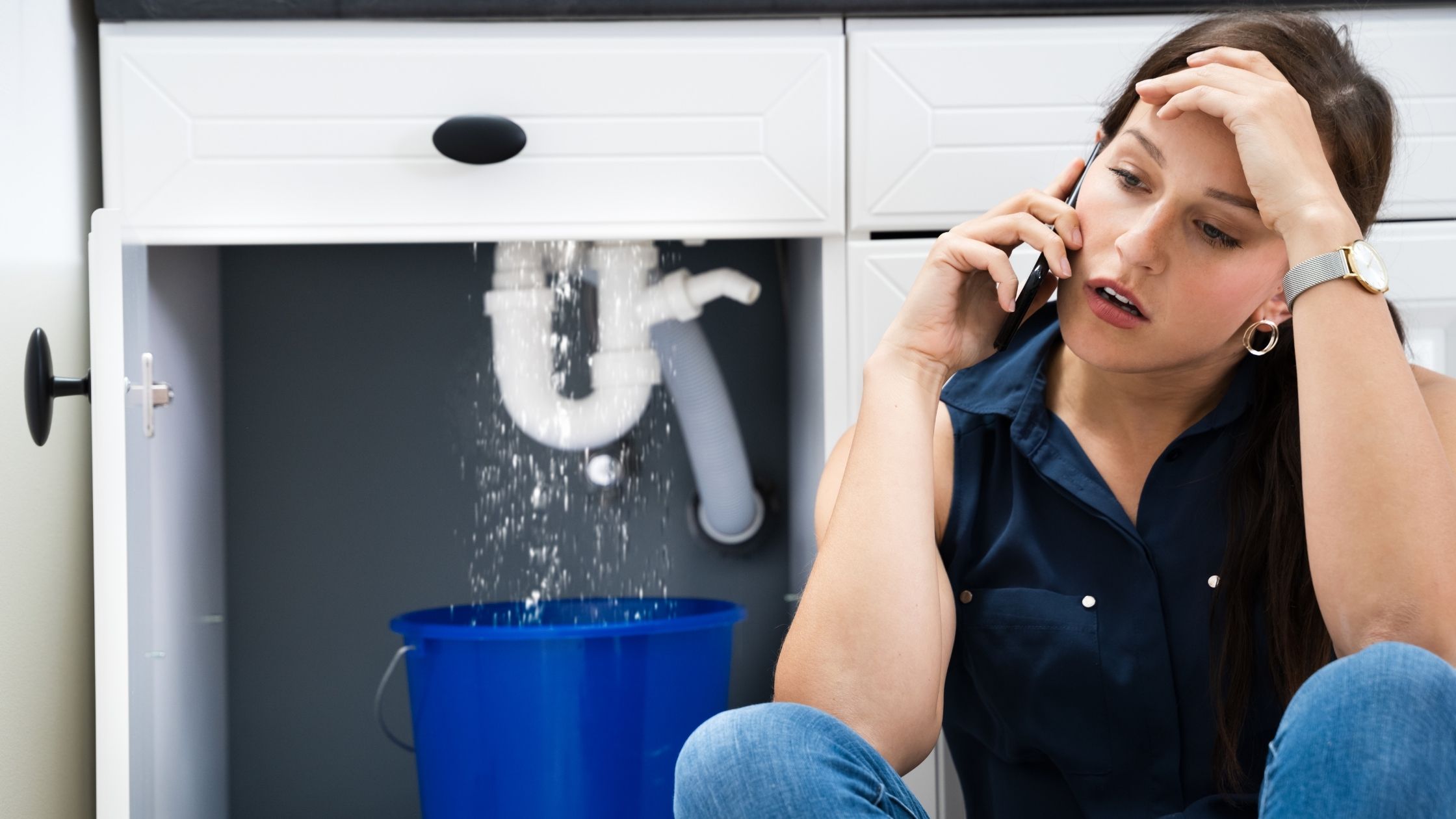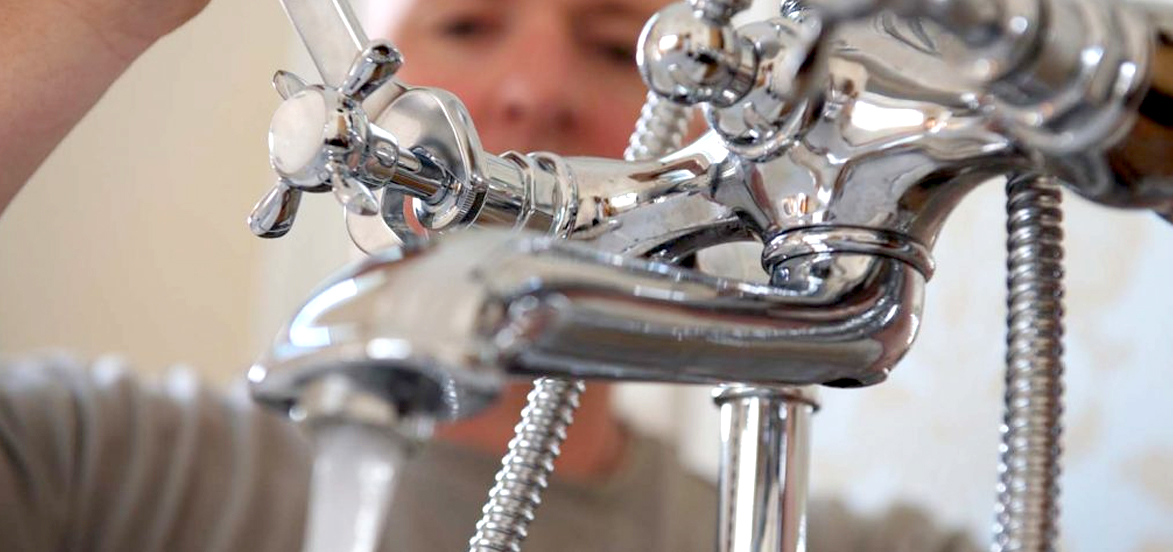5 Frequent Origins of Water Leaks
5 Frequent Origins of Water Leaks
Blog Article
How do you really feel with regards to How to Find and Prevent Water Leaks in Your Home?

"Be careful of little expenses. A tiny leakage will sink a wonderful ship." - Benjamin Franklin.
He could not have been more right due to the fact that water leakages in our residences lead to a waste of resources, increasing our water costs. This rise may seem negligible at first, it can lead to significant costs that can break your financial institution. Apart from a rise in expenses, water leaks likewise trigger unwanted organic development, architectural damage, and even electric risks.
If you have a water leak isn't always simple due to being unable to see many of the pipework in your home, figuring out. If you have had an increase in your water expenses recently, observed water stains on wall surfaces and ceilings, scented lousy smell, etc. You may want to think about asking for plumbing solutions to get it took a look at.
There are a number of root causes of water leaks, and also we have put together the typical reasons listed below. Check to see if you have had related issues in your house recently.
Clogged drains
Food particles, dust, and also grease can cause clogged up drains pipes as well as block the passage of water in and out of your sink. Boosted stress within the seamless gutters can end and also trigger an overflow up cracking or breaking pipelines if undealt with. To prevent stopped up drains pipes in your house, we suggest you to stay clear of putting particles down the drain and normal cleansing of sinks.
High water pressure
You discovered your home water stress is higher than normal yet then, why should you care? It runs out your control.
It would be best if you cared since your ordinary water stress ought to be 60 Psi (per square inch) and although your home's plumbing system is created to stand up to 80 Psi. A boost in water pressure can place a strain on your home pipes and result in splits, or worse, burst pipelines. If you ever discover that your home water pressure is greater than common, get in touch with an expert about managing it.
Corrosion
As your pipework ages, it gets weaker and extra susceptible to corrosion after the constant flow of water via them, which can eat away at pipelines as well as trigger fractures. A noticeable sign of deterioration in your house plumbing system is discoloration and also although this might be difficult to find because of a lot of pipes hidden away. Once they are old to make certain a sound plumbing system, we suggest doing a regular appointment every couple of years as well as alter pipes
Compromised pipe joints
Pipeline joints are the components of our plumbing system where the pipes connect. It is essential to keep in mind that even though pipelines are made to stand up to stress as well as last for a while, they weren't developed to last for life; as a result, they would certainly deteriorate over time. An usual sign of harmed pipeline joints is extreme sound from taps.
Damaged seals
One more root cause of water leakages in homes is damaged seals of home devices that make use of water, e.g., a dish washer. When such devices are set up, seals are mounted around water connectors for very easy passage of water through the maker. Hence, a broken seal can trigger leak of water when in use.
With little or no expertise of plumbing, comprehending your house's plumbing system enough to fix some of these concerns (without consequence) can be a headache. Get in touch with plumbing experts in Pittsburgh, Providence, Rochester, and also environ today, and also they'll make those problems disappear.
He could not have been much more best because water leakages in our houses result in a waste of sources, increasing our water expenses. If you have had a boost in your water costs lately, noticed water spots on ceilings and also wall surfaces, smelt poor odor, etc. An increase in water pressure can place a pressure on your house pipes as well as lead to splits, or worse, ruptured pipes. Another reason of water leaks in residences is broken seals of home appliances that make use of water, e.g., a dishwashing machine. When such home appliances are installed, seals are mounted around water adapters for very easy passage of water via the maker.
5 TIPS IN DETECTING A WATER LEAK IN YOUR HOUSE
Water leaks can be hard to find in your home, yet they can be so common. We rely on water every day in our home, which is why a leak can cause big problems. By detecting them early, you can save money and further damage, getting the problem fixed as soon as possible. Here are 5 tips to help you detect a water leak in your home, so you can contact a plumber straight away and get the issue sorted.
Check your water meter
Many people underestimate the value of the water meter in their home. It can be one of the best ways to tell if you have a leak early on, so you can get on top of it before issues start arising. Start by turning off all the water in your home: taps, washing machine, dishwasher, etc. Now take a look at the meter – if it’s still changing with everything turned off, it’s likely you have a fast-flowing leak that you need to get on top of straight away. If nothing changes, then leave your meter for an hour or two and come back to it. Did it change in this time? It’s likely you have a slower leak, which isn’t as urgent but still handy to get fixed so it doesn’t become a bigger problem.
Keep an eye on your bill
Another good way to detect a leak in your home is by keeping an eye on your water bill. It helps if you have a past bill from the same period of time. You can compare like for like and determine whether your water usage has increased significantly. If it has, there may be a leak in your system that you haven’t picked up before. A professional plumber can check through all of your pipes and determine where it is coming from.
Look for damage
If you have a leak inside your home, you will notice damage over time. Take a look at your showers and bathtubs and note whether any of the tiles surrounding the area seem to be discoloured or damaged in any way. There may be water stains, mould or peeling material that has resulted from a build up of moisture over time. Make sure you take a look under sinks at the back of cupboards that don’t get accessed regularly. This is where damage can go unnoticed and build up over periods of time.

As a devoted reader about How to Find and Prevent Water Leaks in Your Home, I think sharing that piece of content was a good thing. Do you know someone else who is truly interested in the topic? Feel free to share it. Thanks a bunch for your time. Visit again soon.
Overflow? Seek assistance. Report this page